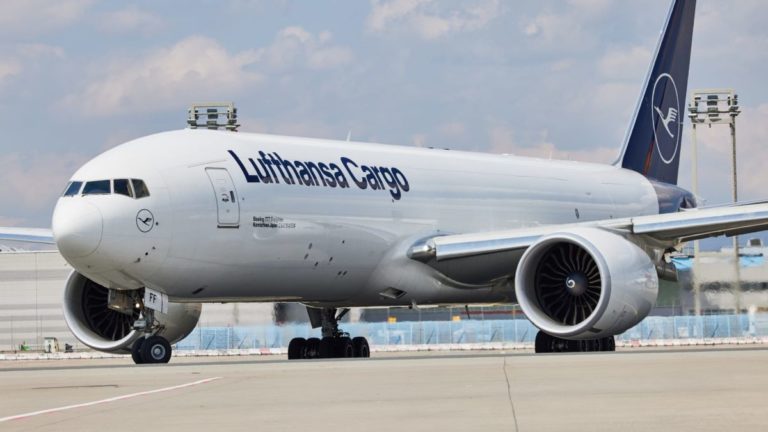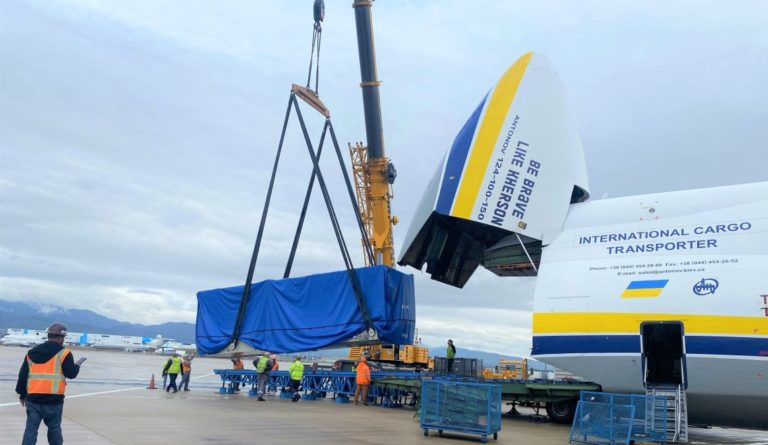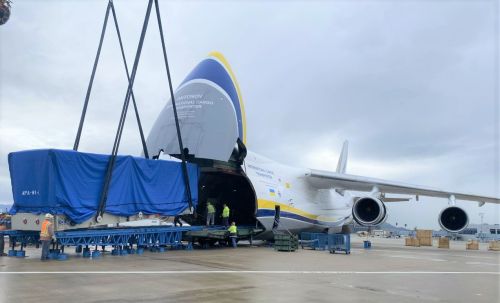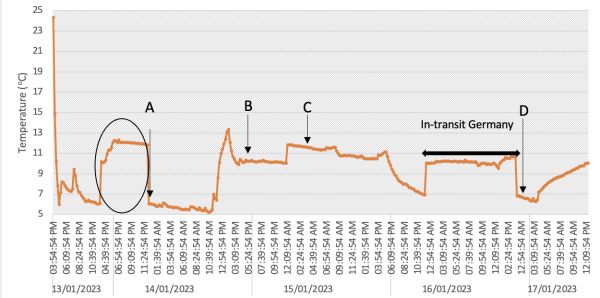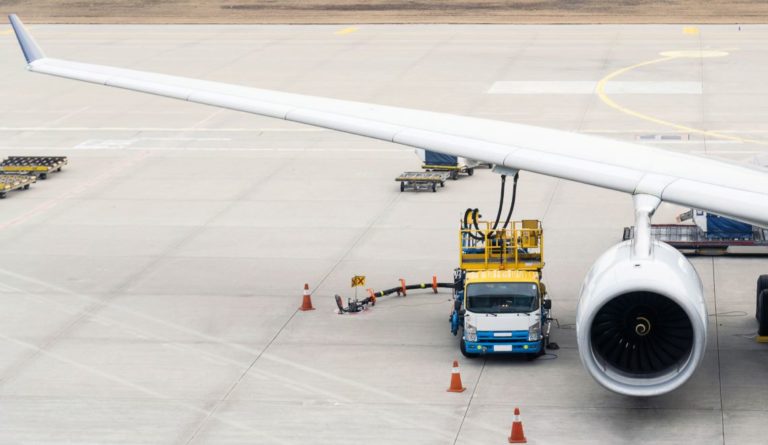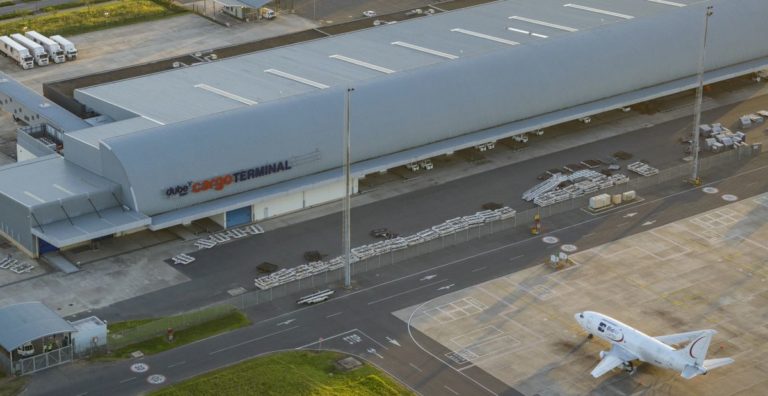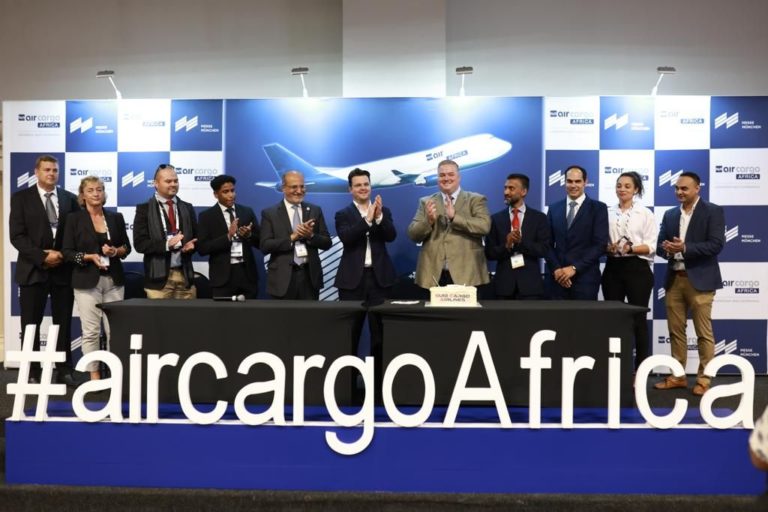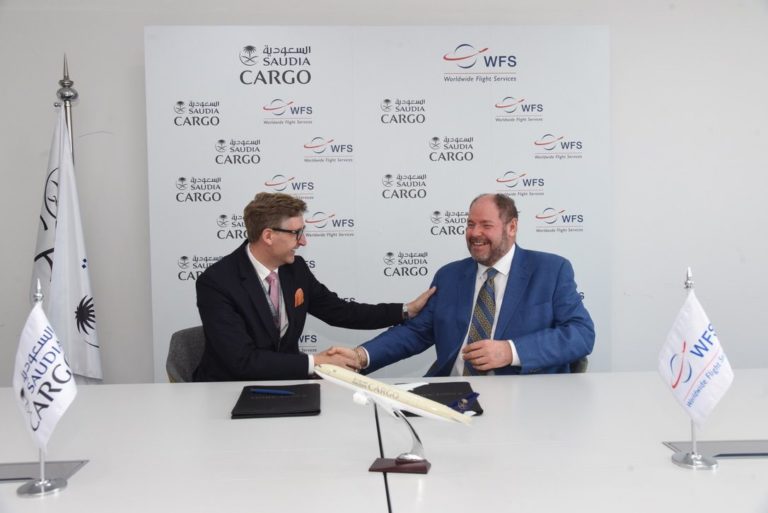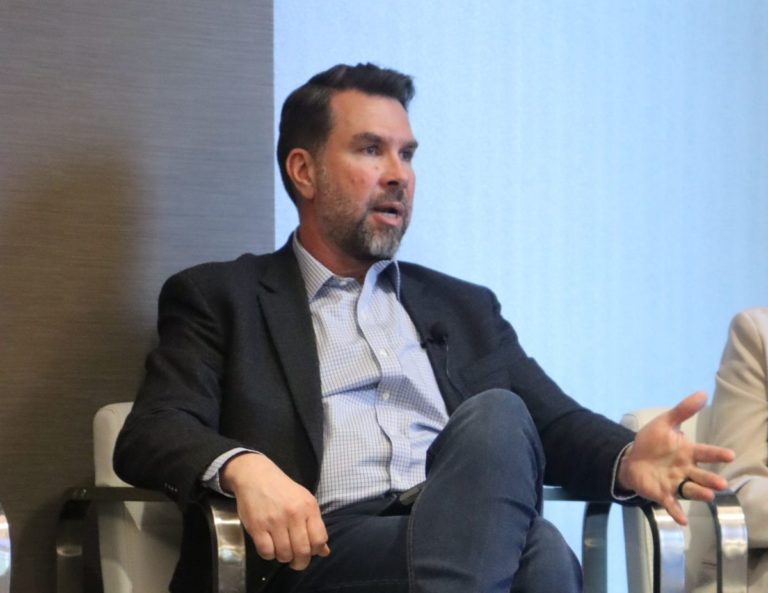Lufthansa Cargo says it achieved a record result for the third time in a row in the 2022 financial year. Revenue rose by 22% to €4.6 billion (previous year: €3.8bn), while adjusted EBIT amounted to €1.6bn euros (previous year: €1.5bn euros). Sales of 7.2bn freight ton kilometers were similar compared to the previous year (7.2bn) but average capacity utilization decreased by 9.9 percentage points year-on-year to 61.1%, while the supply of capacity increased by 17% to 11.8bn freight ton-km.
Chairperson of the executive board and chief executive of Lufthansa Cargo, Dorothea von Boxberg, said: “We again had significantly more capacity in the market due to the growth in long-haul passenger traffic. We notice that our customers continue to serve their global supply chains. With more freighters and more bellies, we will continue to be a strong and reliable partner for our customers.”
The belly segment now accounts for around half of capacity, with cargo transported on more than 7,000 flights a week in summer operated by Lufthansa, Austrian Airlines, Brussels Airlines, Eurowings Discover and SunExpress.
To supplement its existing fleet of 16 Boeing 777Fs and two Airbus A321Fs. Lufthansa Cargo has ordered three current-technology B777Fs and seven B777-8Fs of the next Boeing freighter generation. One B777F has already been delivered in the past fiscal year, enabling Lufthansa Cargo to increase frequencies to high-demand intercontinental destinations such as in China and India and to open a new freighter station in Hanoi, Vietnam. Alongside North and South America, the Asia-Pacific region is one of Lufthansa Cargo’s strongest markets. With the additional entry into service of two Airbus freighters of the type A321F in 2022, Lufthansa Cargo was able for the first time to offer fast transport solutions on short and medium-haul routes for customers from the rapidly growing eCommerce segment
Lufthansa Cargo also expanded digital sales channels and making handling processes more efficient thanks. All shipments were transported with an electronic air waybill for the first time last year.




